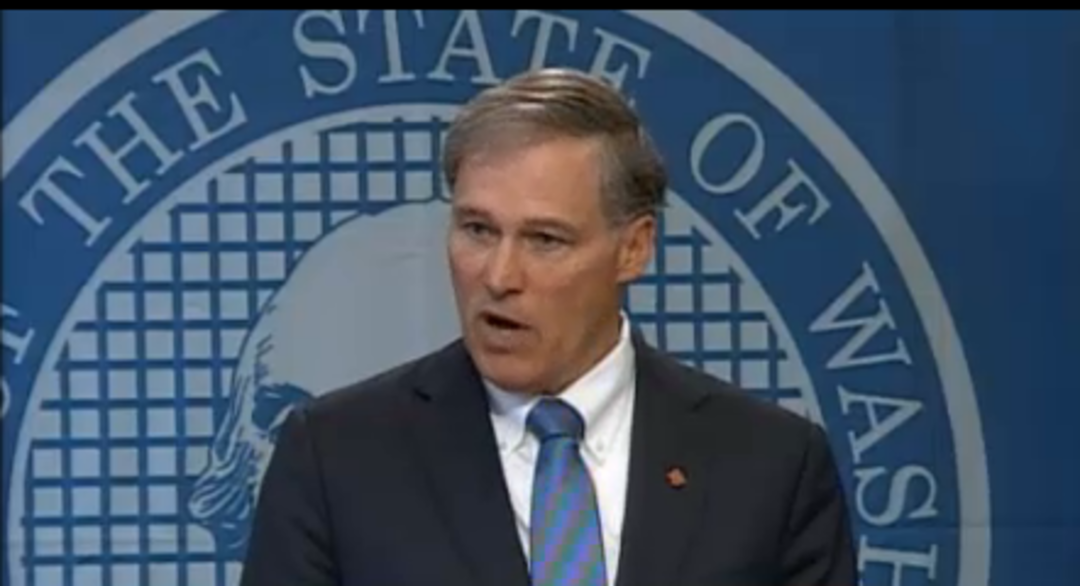On Other Blogs Today: Parking Politics, Women in Washington, and More

OOBT
1. In an odd regurgitation of a months-old story the Seattle Times reports on warmed over allegations that Mayor Mike McGinn played favorites with the International District when he (through the city's Department of Transportation) lowered parking rates in that neighborhood after businesses in the area complained, while leaving rates stable elsewhere.
As we reported at the time, the original story (headlined "City blinks on parking rates, hours, in one neighborhood, at least) was highly misleading—in reality, the city had lowered parking rates in 14 different neighborhoods, not just the ID.
The Times' news peg for regurgitating this story is that McGinn's opponents (and some council members) are raising parking rates as an issue on the campaign trail and in council chambers. However, it's hard to see how this single allegation by some of the mayor's challengers justifies a nearly 1,000-word story, much less a headline that begins, "McGinn plays politics with street parking rates" (with the requisite afterthought, "critics say.")
2. USA Today shines the spotlight on U.S. Sen. Patty Murray, crediting the diminutive Democrat with crafting a Senate budget that "gave Democrats a counterpunch after years of bruising GOP attacks for Democrats' budget failures."
Murray, the story points out, is the first woman to head the senate budget committee, and will be "a central player in fiscal talks this fall."
3. Here in this Washington, however, women are seen more and more rarely in positions of legislative leadership; as the Olympian reports, when Washington lawmakers and Gov. Jay Inslee came together to announce a budget deal, "something was noticeably absent: women."
Whereas just one year ago, the governor and senate leader were both women (and the house majority leader and lead budget writers three years ago were as well), this year's budget announcement was made by 11 men.

"In 2000, almost 41 percent of Washington state lawmakers were women, while this year women make up 30.6 percent, the lowest percentage since 1990," the paper reports. "At the same time, as other states have elected more women to their legislatures, Washington — which for years led the nation with its high percentage of female legislators — fell to eighth."
4. Initiative booster Tim Eyman has not filed an anti-tax measure this year, the Everett Herald reports, despite loaning his political committee $250,000 to pay signature gatherers (the subject of a Cola One Question back in May) to collect names for his most recent anti-tax proposal, which would have made all tax increases passed by the legislature expire after a year.
Eyman told the paper he ran out of time to collect signatures; his political opponents say he ran out of money for the effort.
This will be the first year since 1989 that no citizen or group produced an initiative that made it on the statewide ballot; two initiatives will be on the ballot, but both of those (including I-522, which would require labeling of genetically modified foods) come from the legislature. This is also only the second year since 1998's I-200 (the other was 2005) that an Eyman initiative has not appeared on the ballot.
5. The New York Times reports that despite business owners' initial concerns, businesses in cities that have passed laws requiring companies to offer paid sick time off have not seen dramatic increases in expenses or had to raise prices dramatically. Seattle's own paid sick leave law (which, like Connecticut's, allows restaurant workers to trade hours in lieu of acquiring sick leave) went into effect last September.




